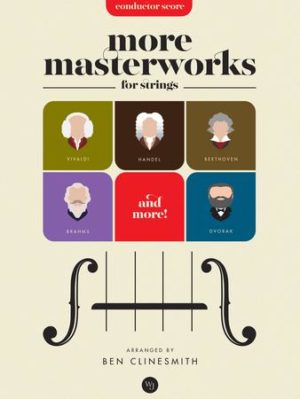


If you look at the link I provided, this is precisely what nik did.

If an identifier is associated with only a subset of the total labels on the release, you can include the exact label name/s it is associated with. The description field to add any further information regarding the identifier, such as the identifier type, any descriptive text associated with it, its location on the release, or anything else that seems significant. This is precisely what the description field is for, for describing things. Otherwise the three RS's seem to be equivalent which they are certainly not. American rights societies are not barred from representing their artists outside of the USA, the fact is they frequently do. Your advice is incorrect and has no foundation in reality. As a result, what information is available and the quality of that data varies greatly from territory to territory, and accessing accurate data that links songs to recordings is even harder.The place of the release is of no consequence. Efforts to create a single global database of songs collapsed in 2014. While data services such as this are certainly useful – and BMI and ASCAP is publicly sharing more data than many of its counterparts around the world – there is still a lack of joined up information when it comes to music rights data in general. It also doesn’t tell you which writer the publishers represent. While it does list the society GMR as representing Pharrell Williams as a writer, and BUMA representing Imagem as a publisher, it doesn’t tell you what splits they control. Its listing tells you that BMI controls 75% of the song, and ASCAP 0%. However, ‘Get Lucky’ by Daft Punk is more complicated. So, a search for ‘Firework’ by Katy Perry tells you that it is 75% controlled by ASCAP and 25% controlled by BMI. Which means that for co-owned works, Songview doesn’t necessarily tell you who controls 100% of the copyright. One issue, of course, is that BMI and ASCAP are not the only song right collecting societies in the US, and the others are not involved. While it is definitely a positive step, O’Neill acknowledges there that the new service is not perfect. I look forward to continuing to expand on the possibilities of Songview in the future”. “Today’s launch”, he goes on, “is a good first step in the ongoing evolution of transparent and accessible data, and I am pleased with what we have accomplished so far to meet the evolving needs of the music industry. “This release is our first iteration of Songview, and we are committed to enhancing this new platform as our industry evolves”.īMI CEO Mike O’Neill adds: “When two companies that are fierce competitors come together on a project this ambitious to address a need identified by the marketplace, it says a lot about how important greater data transparency is to both of our organisations”. “Drawing upon our 185 years of combined ASCAP and BMI expertise in managing complex and dynamic copyright data, we have built a convenient new digital tool for anyone who licenses music”, she continues. “When you see the Songview checkmark, you know that the data is consistent in both ASCAP and BMI’s copyright systems”. “This project is all about providing greater transparency for everyone who relies on this copyright data to guide important business decisions”, says ASCAP CEO Elizabeth Matthews of the new data service. Such an approach is opposed by the music community, which had to go to court after the US Department Of Justice tried to force that kind of licensing system onto the two societies. In particular, they aim to counter the suggestion that ASCAP and BMI should provide licences covering 100% of any songs they have a stake in, even when their members only actually control a slice of said songs. At launch it includes data on 20 million songs.īoth ASCAP and BMI – separately and together – have been seeking to make better data available about song copyright ownership, partly to counter critics who say that a lack of clarity on what songs different societies represent justifies ongoing and increased regulation of the collective licensing system. US collecting societies ASCAP and BMI have launched a new song rights data service called Songview, part of a long-running initiative to provide better and easy-to-utilise data regarding what songs the two organisations respectively represent.įreely available on both societies’ websites, the new joint service lets you see in one place what songs ASCAP and BMI members control, and with co-owned works what their respective splits are. Business News Labels & Publishers ASCAP and BMI launch new song rights data service By Andy Malt | Published on Tuesday 22 December 2020


 0 kommentar(er)
0 kommentar(er)
